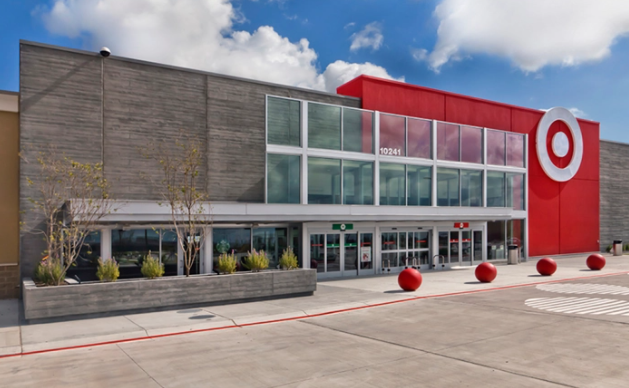Walmart, Target + More Retailers Are Canceling Orders to Manage Inventory Excesses
Retailers this quarter have announced aggressive actions to manage inventory excesses that have accumulated in the last few quarters. In some cases, companies are cancelling orders to prevent any further build-up in stores and warehouses.
As consumers pivot to mainly non-discretionary categories, big-box and department store retailers have seen excesses in discretionary categories like apparel.
In the last week, retailers like Target, Walmart and Kohl’s have mentioned cancelling or cutting down on orders to stay ahead of their higher-than-usual inventories. Meanwhile, brands that partner with wholesale retailers have noted the impact of these cancellations.
Walmart CFO John Rainey said this week that the company has “canceled billions in orders” to deal with inventory pileups that have amassed over the last few quarters. Target said it had reduced its “inventory exposure in discretionary categories” throughout Q2 by canceling more than $1.5 billion of orders in these categories and marking down products.
Kohl’s has also pulled back on order receipts and increased promotions to get through an inventory glut.
“We have taken action to address inventory, including increasing promotions, being aggressive on clearing excess inventory and pulling back on receipts,” said Kohl’s CFO Jill Timm in a call with investors.
Under Armour also said it made some proactive cancellations due to supply chain constraints to ensure that “the right inventory was coming in at the right time,” said interim president and CEO Colin Browne in a call with investors.
In some cases, brands that supply to wholesale partners have said cancelled orders have impacted their own companies.
Columbia Sportswear in July it had seen some order cancellations from wholesalers and noted the potential for even more cancellations throughout the season. Wolverine Worldwide, which owns brands such as Merrell, Saucony, Sperry, Hush Puppies and more, said that “significant order postponements from retailers combined with isolated cancellations due to late-arriving product” were the main reason for Sperry’s revenue miss in Q2. The company said it expects cancellations to persist through the year, especially in its U.S. wholesale business.
VF Corporation, which owns Vans, The North Face and Timberland, noted that it expects to see some order cancellations moving forward, though executives are encouraged by the company’s strong and communicative relationships with its retail partners.
“We always have cancellations,” said VF Corp. CFO Matt Puckett. “And it’s something that’s contemplated. But when we look at where we are today, our sell-through remains good.”
Not all brands have noticed an impact from cancellations. Deckers CEO David Powers said in July that his company, which owns some of the hottest shoe brands around such as Ugg, Teva, and Hoka, has not yet experienced a surge in order cancellations.
“We’re not hearing about crazy cancellations or anything,” Powers said. “It’s pretty normalized. So we still feel good about our chances.”
